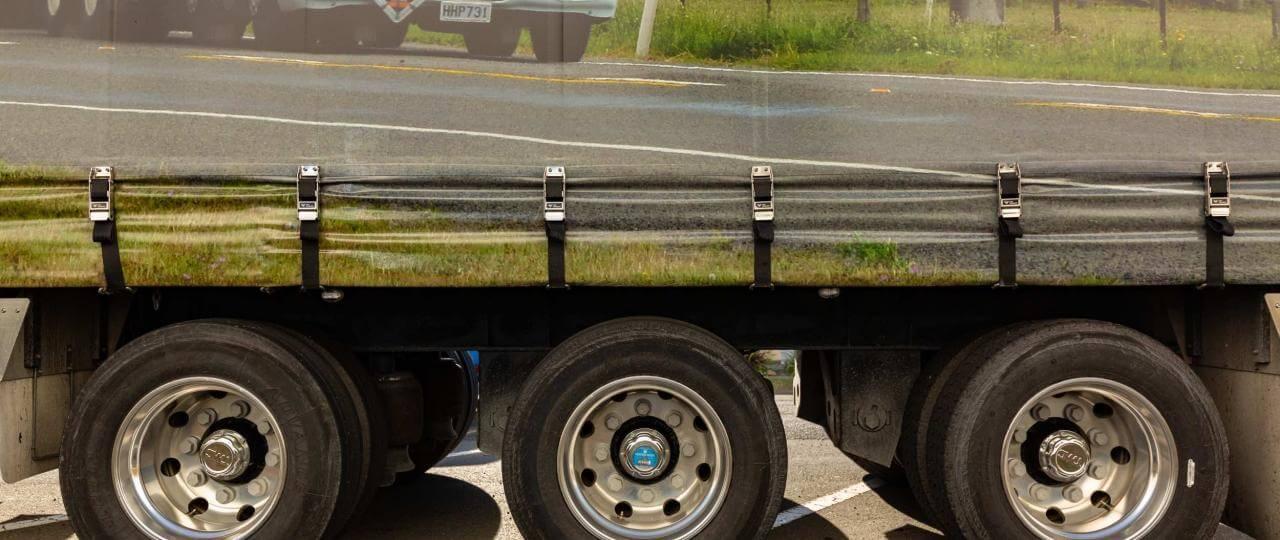Deposits versus cash flow
Date
01 April 2019
Share

When financing a new machine, is it better to pay a deposit on the asset or borrow more against it and use the extra money to repay other debt or to boost your cash reserves? The answer lies in how the rest of your finances are looking.
First, look at the monthly payments on the asset and what they would drop to if a lump sum were to be repaid. As before, look at the economic lifespan of the asset and try to best match the lending to this.
Be aware that with new machinery, deposits can be large in dollar terms and this needs to be taken into consideration. However, it is much easier to source 100 percent funding on brand new gear than it is on second hand equipment.
If cash flow is an issue, it may be advisable to opt for 100 percent funding as it will retain the cash in your business and give you better access to funds as you need them for working capital.
Where cash flow is strong, a deposit will give you a wider range of funding options, as different lenders have different appetites for Loan to Value ratios. It will also ensure you have equity in the equipment from day one and reduce the forward monthly repayments.
Talk to your business partner at Finance New Zealand about how to structure your finances to best suit your loan repayments and cash flow needs.
Similar Posts
12 January 2026
Asset & Equipment Finance LVRs
Purchasing new vehicles, machinery, or equipment often raises one key question: how much deposit is required? The answer depends on more than just the asset. It comes down to LVRs (Loan to Value Ratio's), structure, and lender, policy & appetite. This article explains how asset and equipment finance LVRs work in New Zealand, and why advice matters.

27 November 2025
The Bottom of the Cycle? What the OCR Cut Means for 2026
Shifting interest rates are reshaping the way businesses finance equipment, vehicles and growth. Understanding these changes can help you make smarter, better-timed funding decisions.


Page Links
Contact us
Finance New Zealand Limited L11 BDO Tower, 19-21 Como Street, Takapuna, Auckland 0622 PO Box 65164, Mairangi Bay 0754 T: (09) 222 0320E: info@financenz.co.nzMember of


Proud Sponsors of Auckland Rescue Helicopter Trust
Copyright Finance New Zealand Ltd 2026



